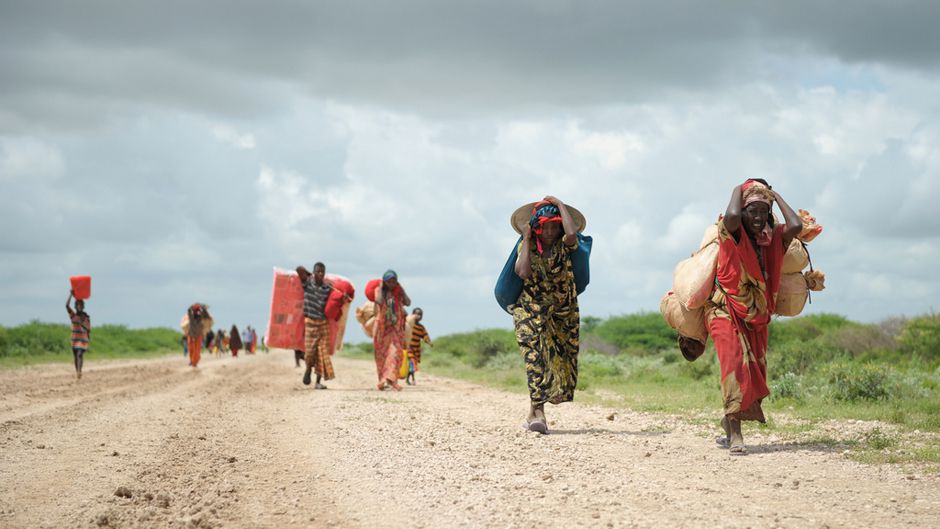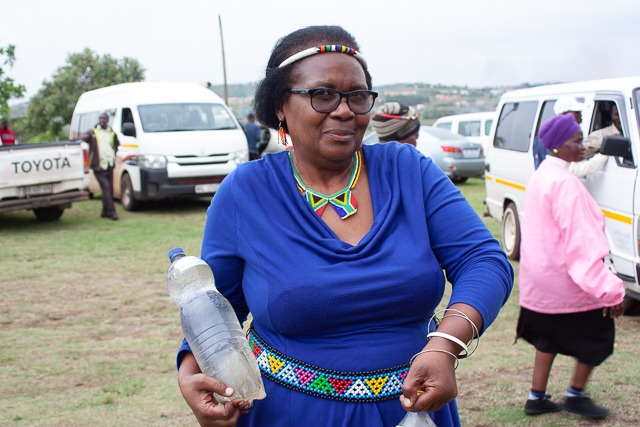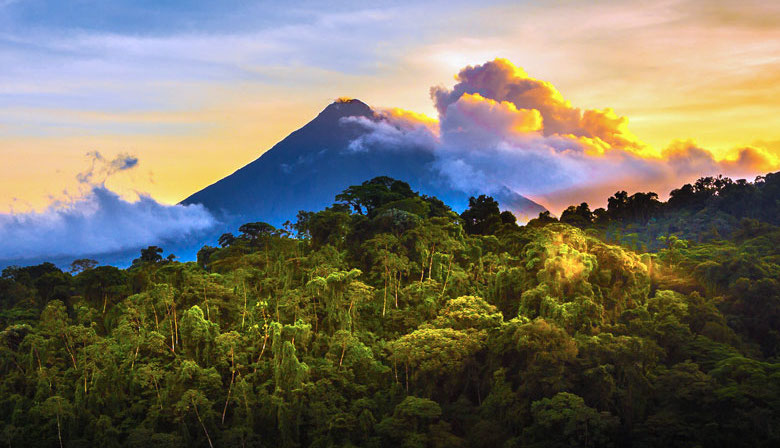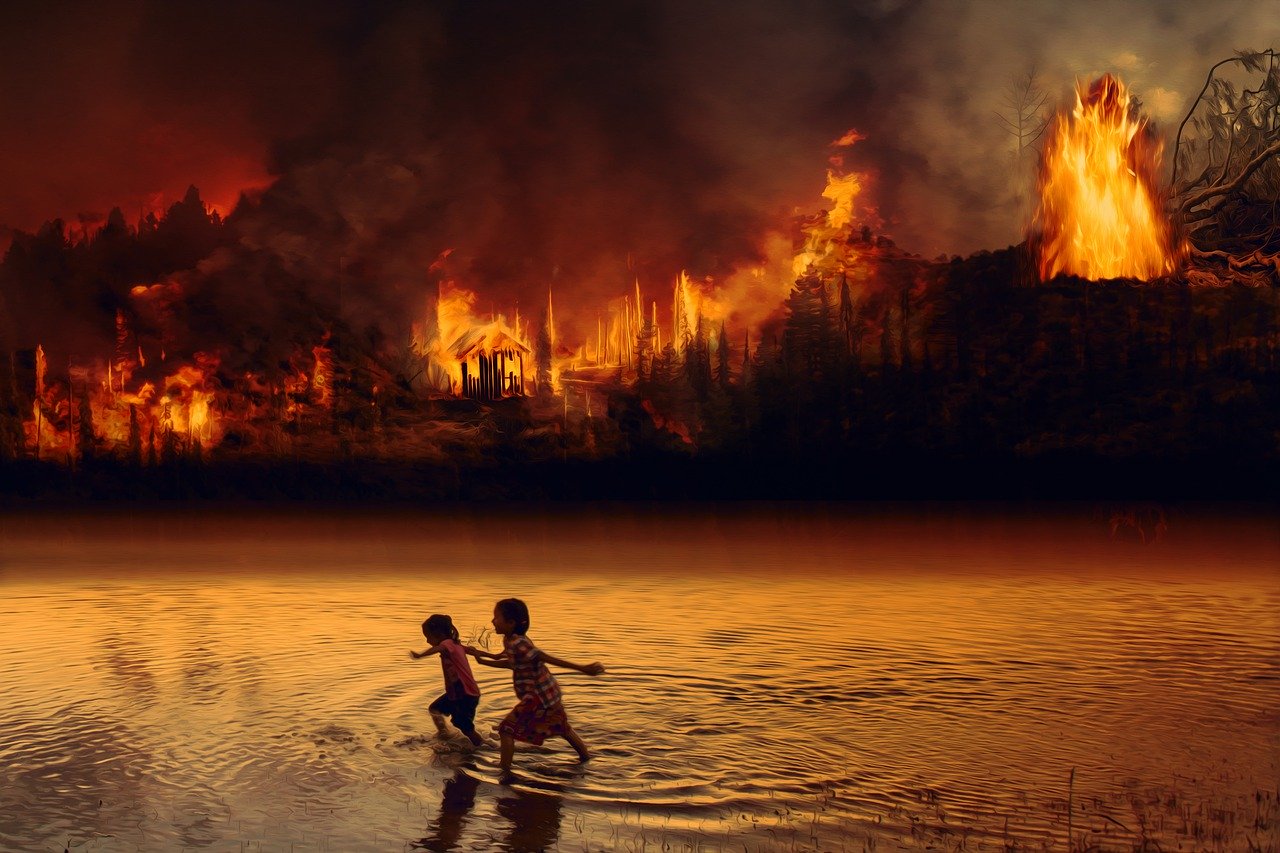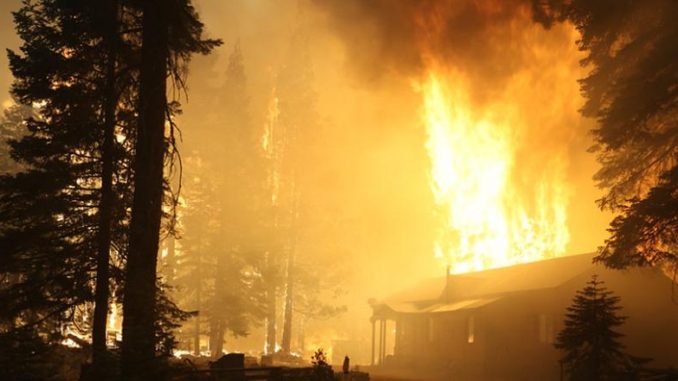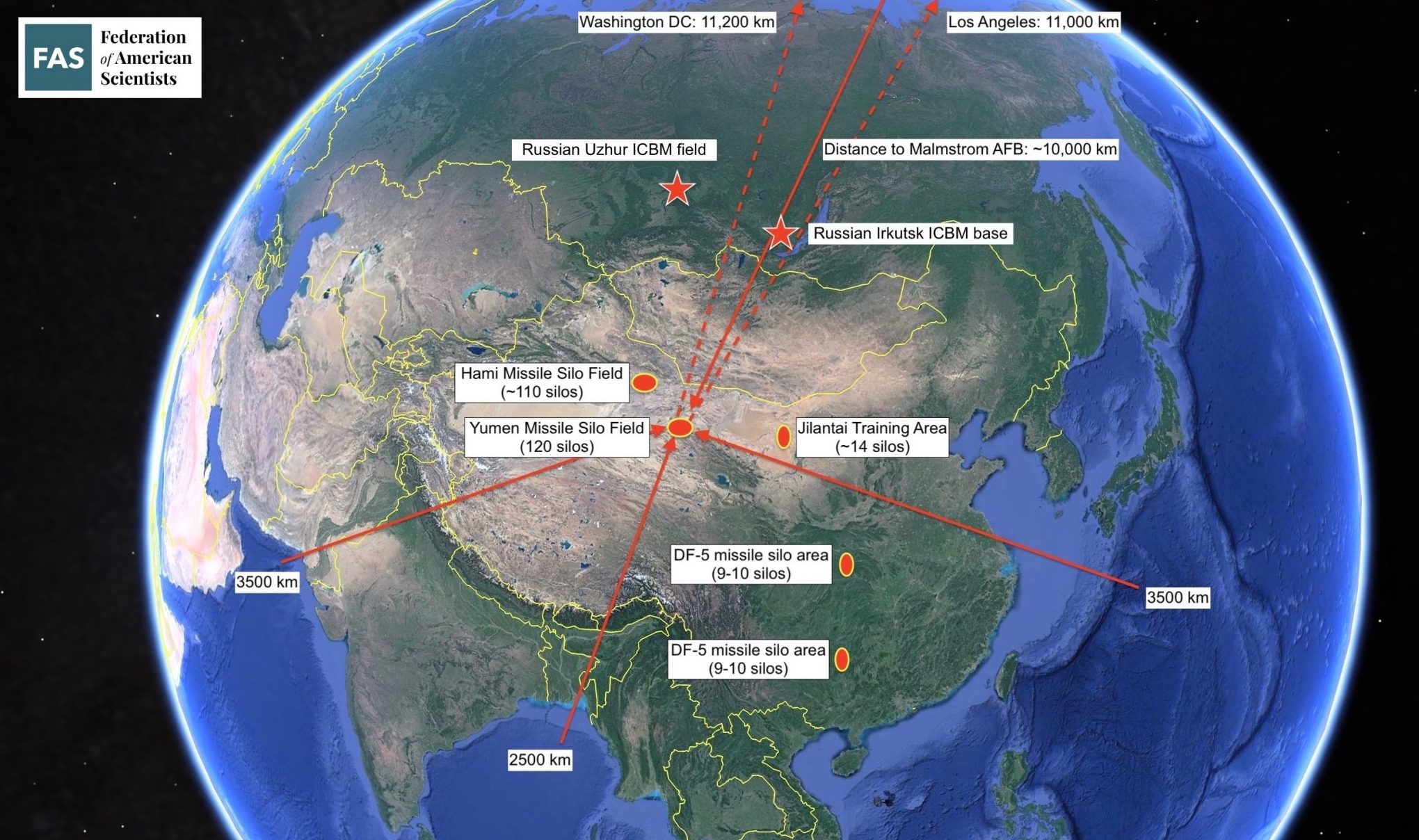Podcast: CounterVortex at 20
In Episode 91 of the CounterVortex podcast, Bill Weinberg notes the 20th anniversary of the launch of World War 3 Report, as it was then called—a direct response to 9-11 and Dubya Bush’s declaration of the Global War on Terrorism. In 2005, it was renamed World War 4 Report, on the logic that the Cold War had been World War III, and to emphasize support for the “Fourth World”—land-rooted, stateless, and indigenous peoples. In 2016, the project was transformed into CounterVortex, in light of its expanding mission beyond our original mandate of the GWOT, and to emphasize the need for general resistance to humanity’s downward spiral into ecological collapse and permanent war. Listen on SoundCloud or via Patreon.



